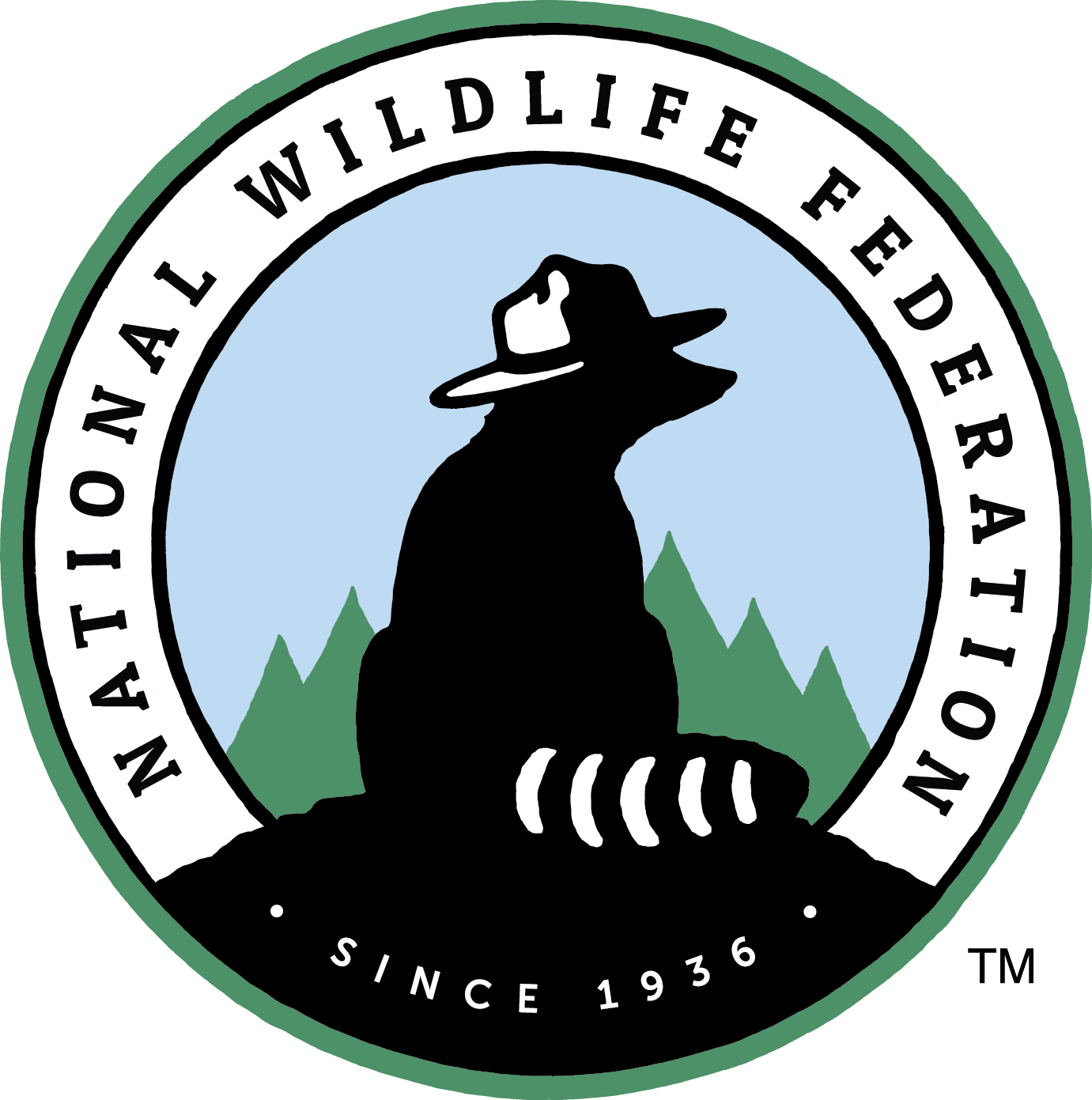Number: 2017-01
WHEREAS, nutrient pollution has been shown to play a significant role in causing algae blooms which cause harm to human health, hypoxic dead zones in major ecosystems – disrupting wildlife within and dependent upon such ecosystems, negatively impacting outdoor recreation opportunities, fishing industries, property values, and Americans’ enjoyment of natural spaces; and
WHEREAS, 60% of coastal rivers and bays in the United States have been moderately to severely degraded by nutrient pollution; and
WHEREAS, agricultural nutrient pollution, including fertilizer leaching, discharge from tile and surface ditch systems, runoff from fields, and animal waste all contribute significantly to water quality issues in the Mississippi River Basin and, subsequently, the Gulf of Mexico; and
WHEREAS, estimates suggest that 52 percent of Mississippi Basin nitrogen pollution comes from corn and soybean farms and another 14 percent comes from other crop production, while 80 percent of the phosphorus pollution comes from manure on pastureland and rangeland, corn/soybean production, and other crops; and
WHEREAS, per the United States Geological Survey (USGS), nine states (Illinois, Iowa, Indiana, Missouri, Arkansas, Kentucky, Tennessee, Ohio, and Mississippi) in the Mississippi River Basin contribute more than 75 percent of the nitrogen and phosphorus to the Gulf; and
WHEREAS, the predicted Dead Zone in the Gulf of Mexico in 2016 was approximately 5,898 square miles, roughly the size of Connecticut; and
WHEREAS, the EPA has called for a 45 percent reduction in nitrate and phosphorous levels in the Mississippi Basin; and
WHEREAS, the U.S. EPA in 2011 called on each state in the Mississippi River Basin to develop a nutrient reduction strategy based on voluntary adoption of agricultural best management practices, but which have not as yet led to significant actions by many Mississippi River Basin states; and
WHEREAS, a range of proven potential solutions exist with soil health systems, stream and wetland buffers, and nutrient and manure management, including for tile drainage systems; and
WHEREAS, the wide-scale application of these solutions will not only improve water quality for drinking water and for fish and wildlife, but will also improve soil health and riparian habitat for diverse species of flora and fauna, including pollinators; and
WHEREAS, the vast majority of the corn and soy and other major crops in the United States is produced for sale to livestock, cereal and other food processors and brands which are increasingly concerned about the environmental impacts of their products, and are interested in demonstrating that their supply chains are based on “sustainable sourcing” policies; and
WHEREAS, these solutions can be promoted through private sector “supply chain strategies,” which means convincing food and other companies to require their suppliers to demonstrate their use of these best practice solutions; and
WHEREAS, growers can enroll in programs, such as the SUSTAIN platforms, which was developed by leading companies and NGOs, to promote these best practices and enable producers to report on progress to their buyers (see e.g. SUSTAIN.ag/home)
WHEREAS, accountability at the watershed level would encourage accelerated adoption of practices.
NOW, THEREFORE, BE IT RESOLVED that the National Wildlife Federation, in its annual meeting assembled June 8-10, 2017 in Stevenson, Washington, hereby declares the reduction of nutrient pollution in the Mississippi River Basin to be a matter of major and continuing concern to human health and the environment; and
BE IT FURTHER RESOLVED that the National Wildlife Federation urges Federal Agencies and Congress to protect and strengthen provisions of the Clean Water Act and U.S. Farm Bill to: expand monitoring capabilities that allow for setting of performance based criteria and nutrient limits; fund, enhance and incentivize conservation practices that reduce nutrient pollution; to discourage the removal of these conservation practices; and to support other resources such as technical assistance necessary to promote reductions in nutrient pollution in the Mississippi River Basin, the Mississippi River, and the Gulf of Mexico; and
BE IT FURTHER RESOLVED that the National Wildlife Federation urges the legislatures and officials of the Mississippi River Basin states to strengthen or establish policy, legislation, regulation, funding mechanisms and performance-based incentives, appropriation of funds, enforcement, technical assistance and public education that will lead to reduction of nutrient pollution in the Mississippi River Basin, the Mississippi River, and the Gulf of Mexico; and
BE IT FURTHER RESOLVED that the National Wildlife Federation calls upon major food brands and retailers to adopt sourcing policies to protect water quality, including to require their suppliers to enroll in fertilizer optimization and manure management programs, reduce nutrient run-off from tile and surface draining systems, utilize soil health systems and native riparian buffers and to report on their progress on platforms such as SUSTAIN.
